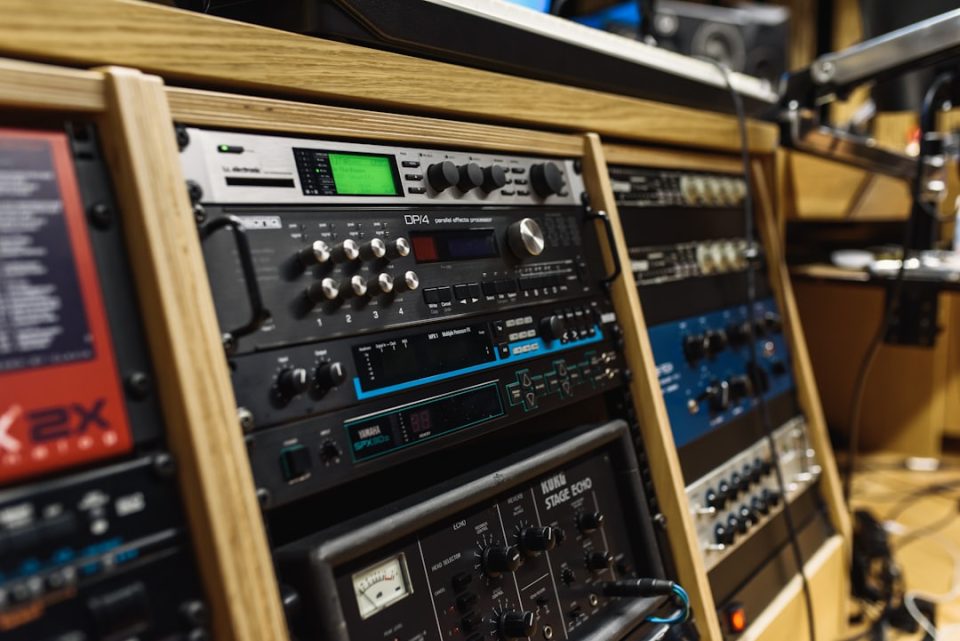In today’s digital age, social media has become a powerful tool for activism and social change. With the ability to connect individuals from all corners of the globe, social media platforms like Facebook, Twitter, Instagram, and TikTok have given a voice to those who were previously marginalized and silenced.
The role of social media in modern activism cannot be overstated. It has enabled grassroots movements to gain momentum, create awareness, and mobilize people like never before. Through hashtags, viral videos, and powerful images, social media has the power to spark conversations, challenge social norms, and ultimately bring about meaningful change.
Social media has proven to be a valuable tool for organizing protests, rallies, and marches. Platforms like Facebook events and Twitter hashtags have allowed activists to reach a wider audience and mobilize individuals to take action. With the click of a button, activists can spread their message far and wide, attracting supporters from all walks of life.
One of the most famous examples of social media’s role in modern activism is the #BlackLivesMatter movement. Originally started in response to the acquittal of George Zimmerman in the shooting of Trayvon Martin, the movement gained traction through social media and has since become a global phenomenon. Thousands of people have taken to the streets to protest police brutality and systemic racism, all thanks to the power of social media.
Similarly, the #MeToo movement, which started as a hashtag on Twitter, has shed light on the prevalence of sexual harassment and assault in society. Through social media, survivors of sexual violence have been able to share their stories, break the silence, and hold perpetrators accountable. The movement has sparked a much-needed conversation about consent, boundaries, and respect.
In addition to organizing protests and raising awareness, social media has also played a crucial role in fundraising for social causes. Platforms like GoFundMe and Kickstarter have made it easier than ever for individuals to donate money to support important causes. In times of crisis, such as natural disasters or political upheaval, social media has been instrumental in mobilizing financial support for those in need.
Furthermore, social media has given marginalized communities a platform to speak out and demand justice. Whether it’s the LGBTQ+ community fighting for equal rights, indigenous populations advocating for environmental protection, or refugees seeking asylum, social media has provided a space for these voices to be heard. Through storytelling, advocacy, and community building, social media has empowered these groups to push for change and demand recognition.
However, social media activism is not without its challenges. While it has the power to amplify marginalized voices, it can also be a breeding ground for hate speech, misinformation, and online harassment. In the age of fake news and filter bubbles, it can be difficult to discern fact from fiction and navigate the digital landscape responsibly.
Moreover, social media algorithms often prioritize sensationalist content over nuanced discussions, leading to the spread of clickbait and divisive rhetoric. This can hinder productive dialogue and perpetuate harmful stereotypes, making it difficult for activists to gain traction and create lasting change.
Despite these challenges, the role of social media in modern activism remains crucial. It has the power to break down barriers, build community, and amplify voices that have been historically silenced. By harnessing the power of social media, activists can raise awareness, organize movements, and ultimately shape the future for the better.
In conclusion, social media has revolutionized the way we engage with activism and social change. It has democratized the public sphere, giving a voice to those who have long been overlooked and marginalized. By leveraging the power of social media platforms, activists can create meaningful change, challenge the status quo, and build a more just and equitable world for all. As we navigate the complexities of the digital age, it is more important than ever to harness the power of social media for good and continue the fight for social justice and equality.


